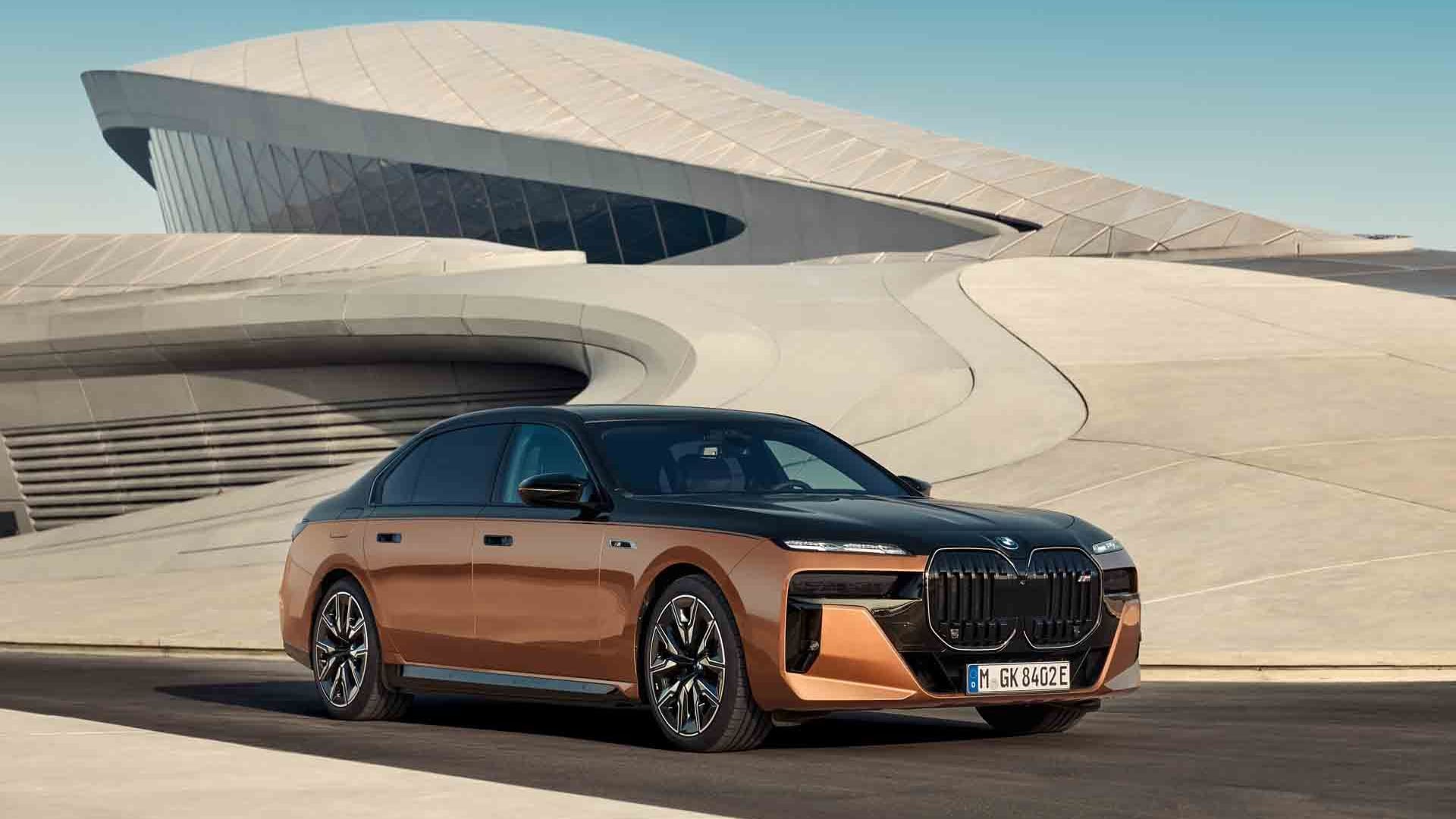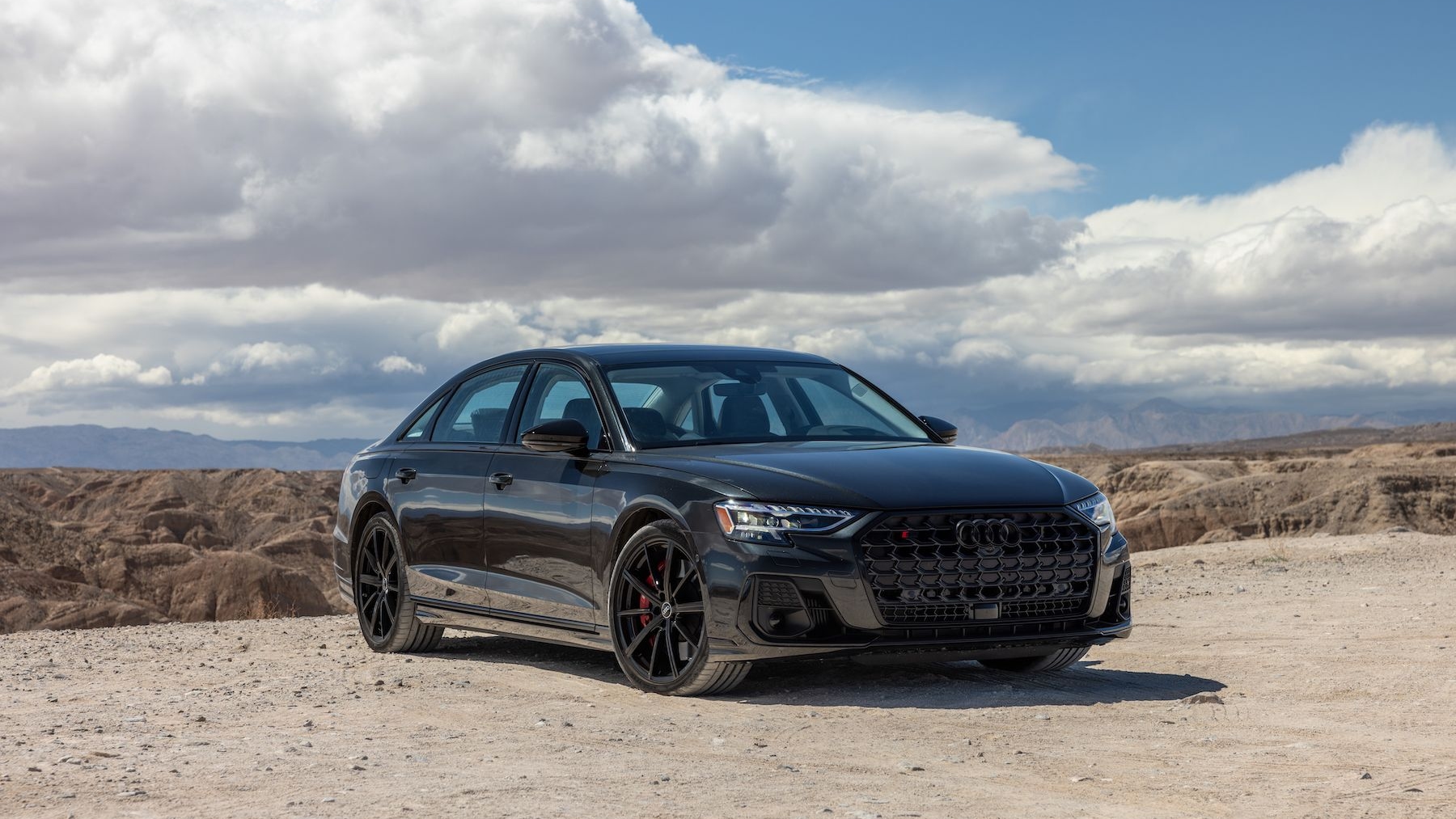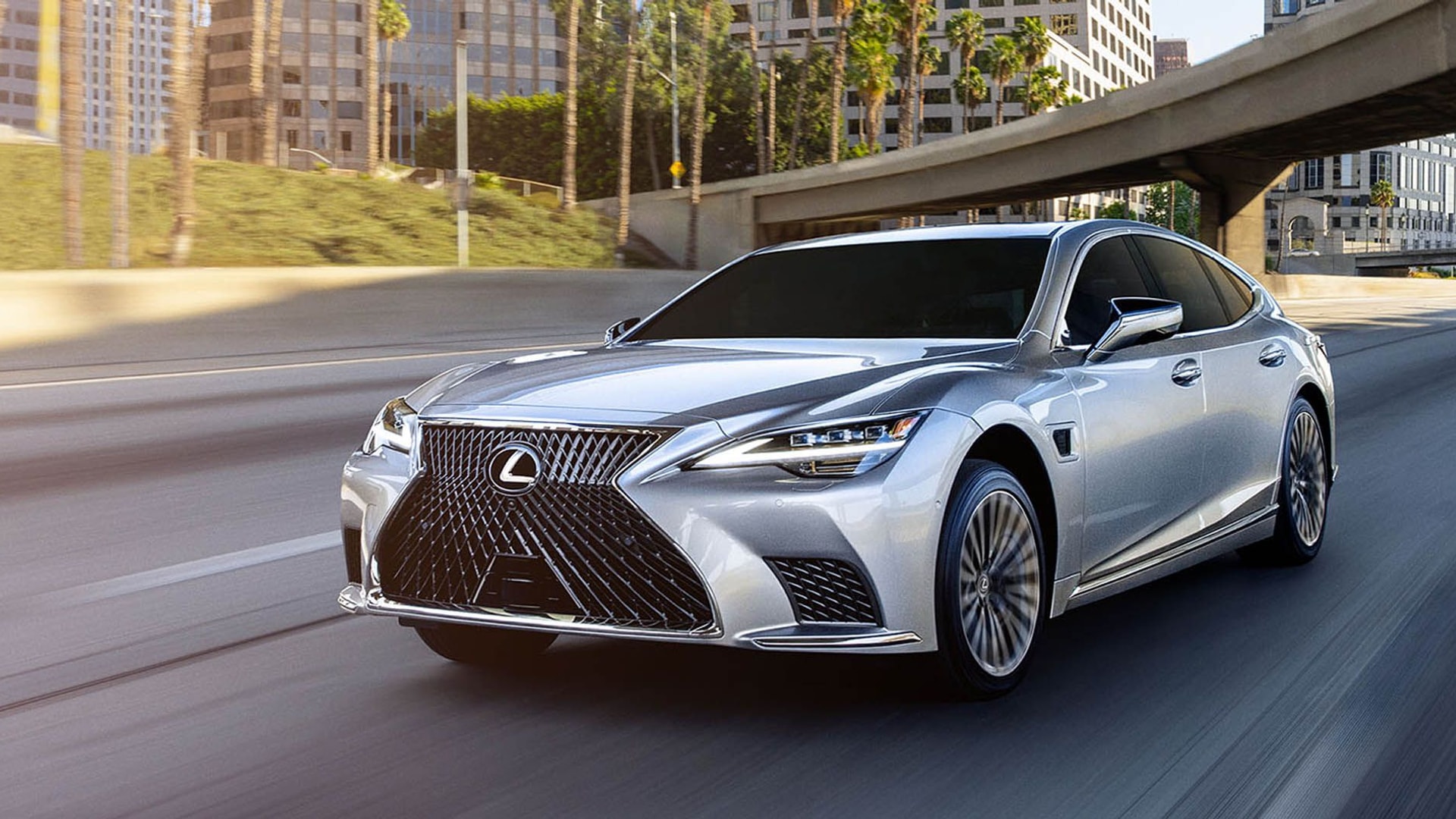Of course, if you’re interested in owning a full-size BMW that can go from 0-60 mph in under 5.0 seconds and well past the automaker’s self-imposed 155-mph speed limit, there is always the V-12 powered 760i or Alpina B7 to choose from.
However, what plenty of well-heeled fans, as well as a good number of dealers, are clamoring for is a 7-Series developed by BMW’s storied M Division.
The good news is that a high-performance 7-Series is coming, most likely with the next-generation. That was made clear by BMW’s U.S. chief Ludwig Willisch at a recent press event. However, what’s uncertain is whether this new model will be a dedicated M model, a possible M7 perhaps, or simply one of the BMW go-fast division’s new M Performance offerings.
A new report from Automobile Magazine has now shed some light on the matter. Reportedly, the 7-Series developed by the M Division will be called the M770i xDrive, meaning it will be an M Performance model rather than a dedicated M car. This is due to the M Division’s belief that a luxury-oriented car like the 7-Series could never be a true M car, though it’s hard to justify such a claim when we have vehicles like the X5 M and X6 M performance SUVs.
As for the M770i xDrive model, it will be based on the next-generation 7-Series due in the next three to four years. It will forgo a V-12 engine in favor of a lighter and more fuel-efficient V-8, which thanks to a pair of turbochargers should develop around 475 horsepower and 480 pound-feet of torque.
This may be well down on the 570 horsepower of the current 760i, but according to the report the new M770i xDrive will be much lighter thanks to plenty of carbon fiber in its construction. The lightweight stuff will reportedly be used for the hood, roof and trunk, as well as for the brakes, exhaust system and wheels. Most of the internal structure will also rely on lightweight aluminum. The end result could be a weight saving of around 450 pounds over the current model.



